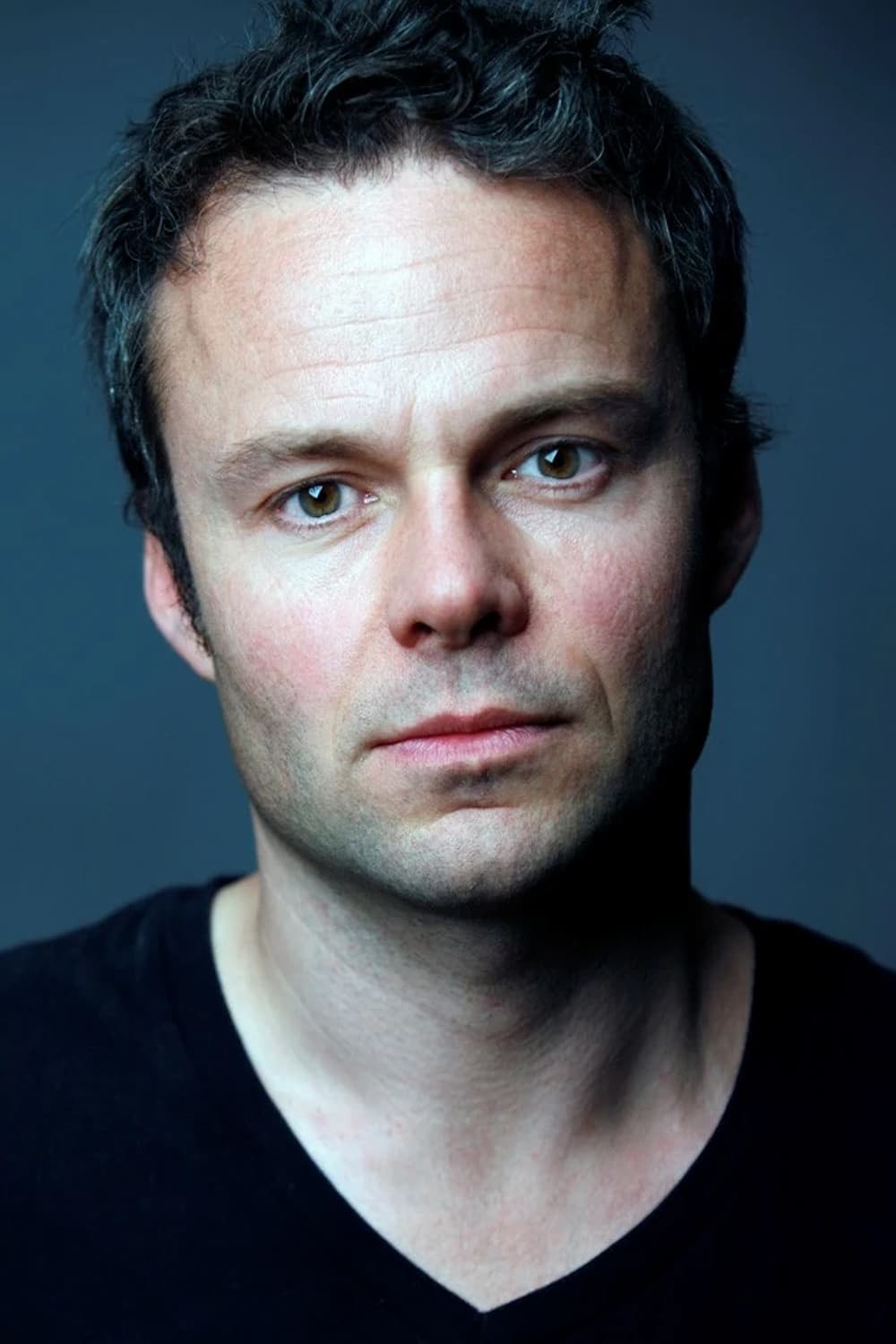

Burnt out on office politics, Agatha Raisin retires early to a picturesque village in the Cotswolds and soon finds a second career as an amateur detective investigating mischief, mayhem, and murder in her deceptively quaint town.

Actor William Hartnell felt trapped by a succession of hard-man roles while wannabe producer Verity Lambert was frustrated by the TV industry's glass ceiling. Both of them were to find unlikely hope and unexpected challenges in the form of a Saturday tea-time drama. Allied with a team of unusual but brilliant people, they went on to create the longest running science fiction series ever made.
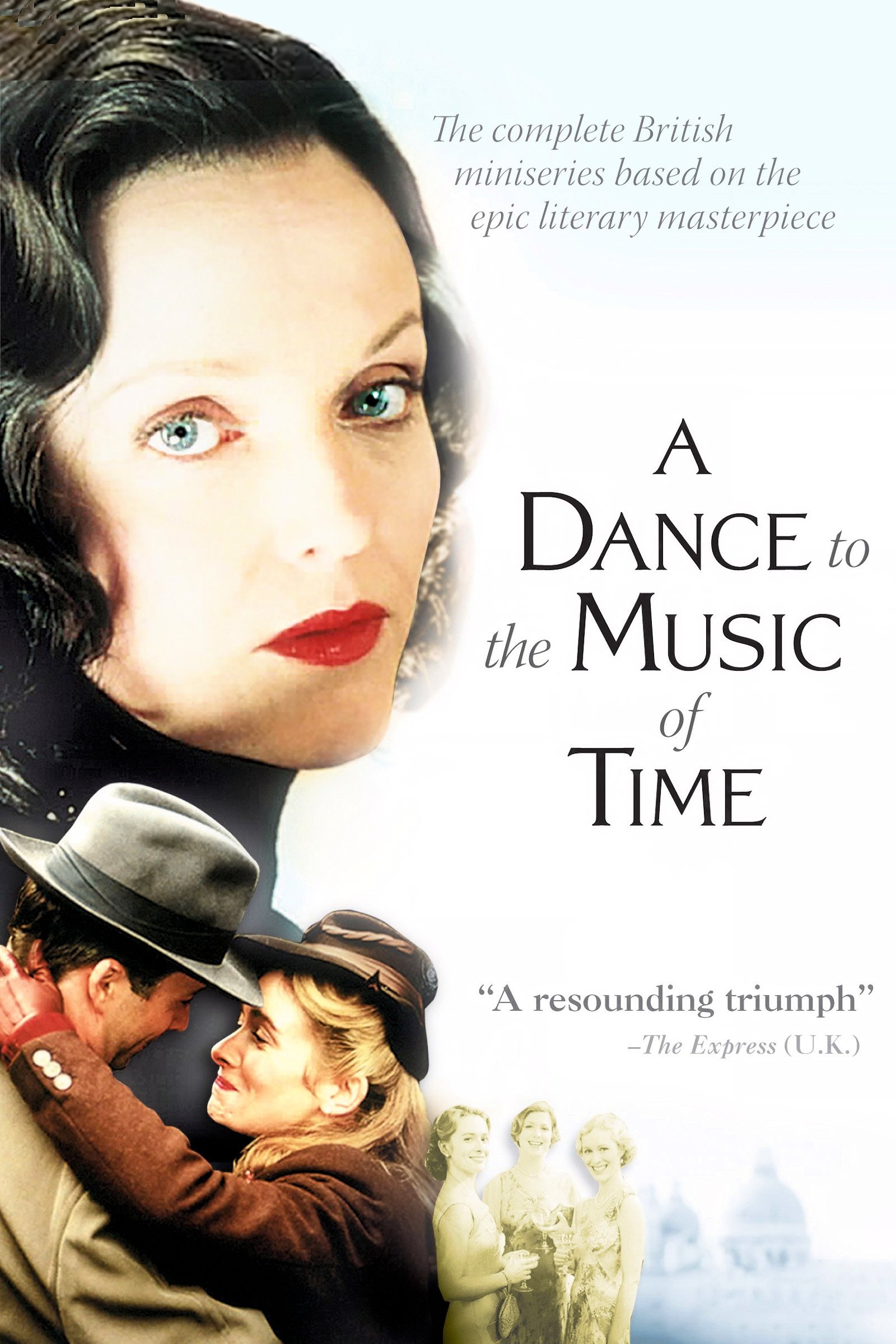
A Dance to the Music of Time is a four-part adaptation of Anthony Powell's 12-volume novel sequence that aired on Channel 4 in 1997. The series is a sharp, comic portrait of upper-class and bohemian England, spanning almost a century, from the early 1920s to modern times.
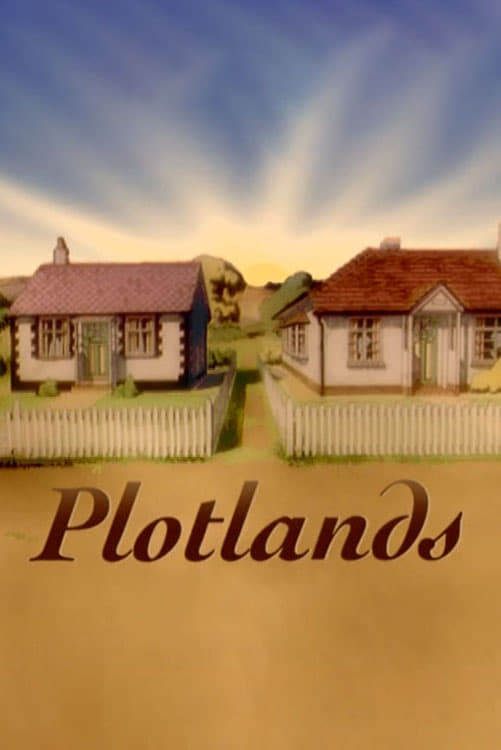
Sold a small plot of land for a tiny outlay, Cockney widow Chloe Marsh and her two daughters flee the slums of post-war London for a better life in the country. But rural life in 1922 is hard. Chloe and her fellow pioneers have no mains water, no gas, no electricity, and no jobs. Forced to live in tents until they can afford a shack, they carve a community out of the hostile countryside.
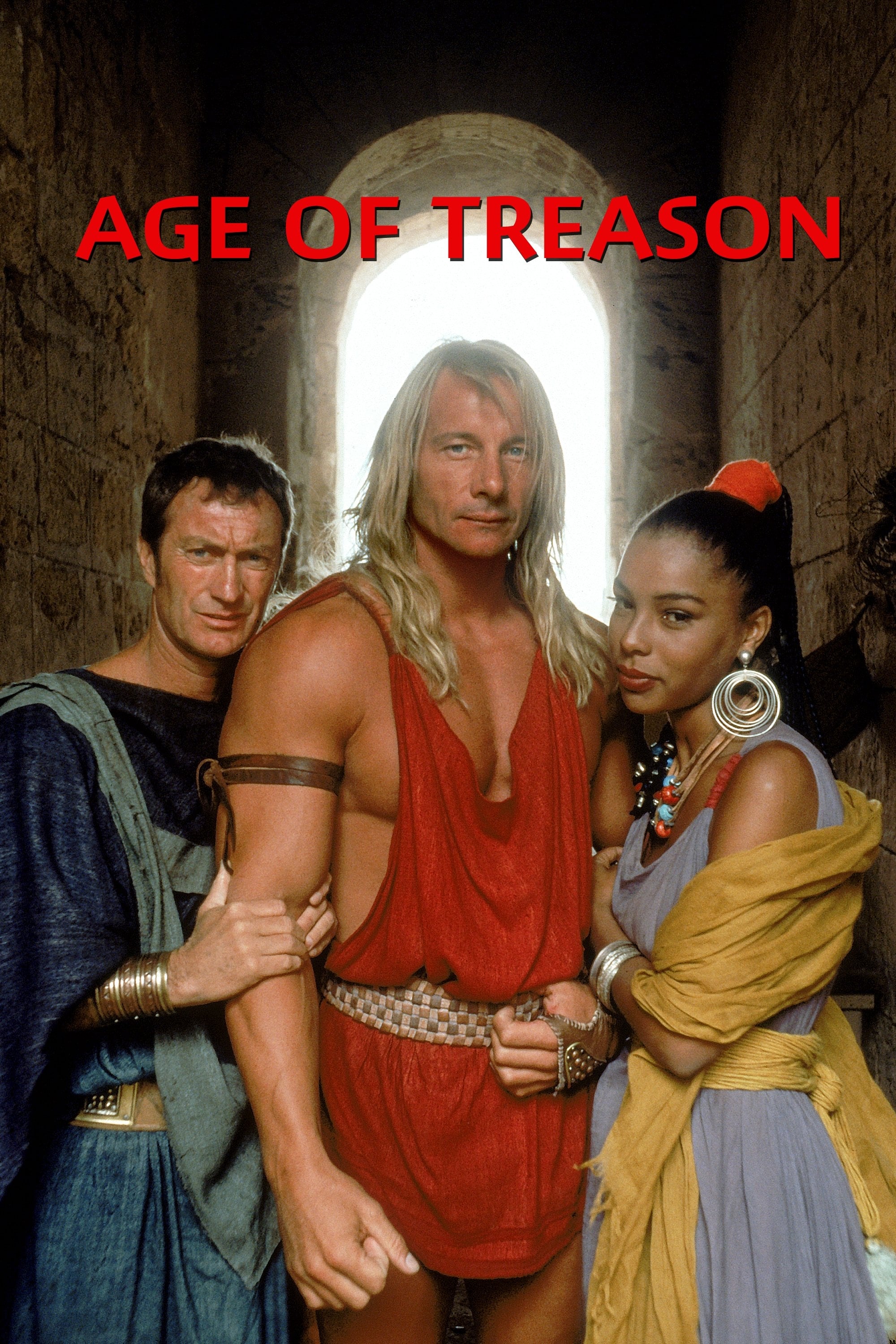
It's 69AD in Rome and streetwise hustler Marcus Didius Falco gets caught up in the death of the son of a man close to the new emperor, Vespasian. Hired by the victim's sister to discover the truth, Falco and his newly acquired slave, the gladiator Justus, uncover plots involving a cult which reaches into the Imperial household.

British academics Loretta and Bridget run into Sandra, an old school friend at a book launch. Although Sandra appears to be gay and carefree, Loretta notices an undercurrent of tension while Sandra stays with her for a few days. Loretta is saddened to learn her friend was killed in a car accident, and comforts Sandra's estranged husband Tom, her daughter Lizzie, and emotionally disturbed son Felix. While doing so she becomes to believe the accident may not be what it seems, spurred on by the information a local policeman provides her.
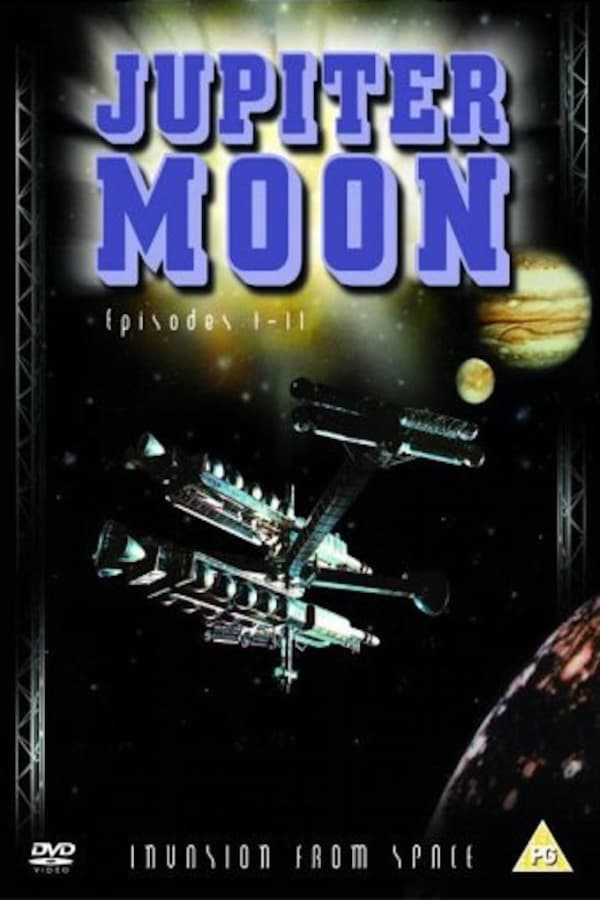
Jupiter Moon was a science fiction television series first broadcast by British Satellite Broadcasting's Galaxy Channel from 26 March 1990 until December the same year. 150 episodes were commissioned, but only the first 108 were broadcast by BSB. It was commissioned to fulfill the perceived need for a soap opera in BSB's line-up and, as such, it was shown three times a week, with an omnibus edition at weekends. The series was curtailed owing to the merger between BSB and Sky Television plc and the subsequent cessation of the Galaxy Channel, although the later episodes were eventually shown in the UK on the Sci Fi Channel between 22 January and 19 February 1996. The soap was screened on GBC TV ahead of its premiere on BSB's own Galaxy channel. The soap was seen in the British Overseas Territory every Tuesday, Thursday, and Saturday at 730pm, having taken the slot formerly occupied by Eastenders which had become too expensive for GBC TV.
By browsing this website, you accept our cookies policy.